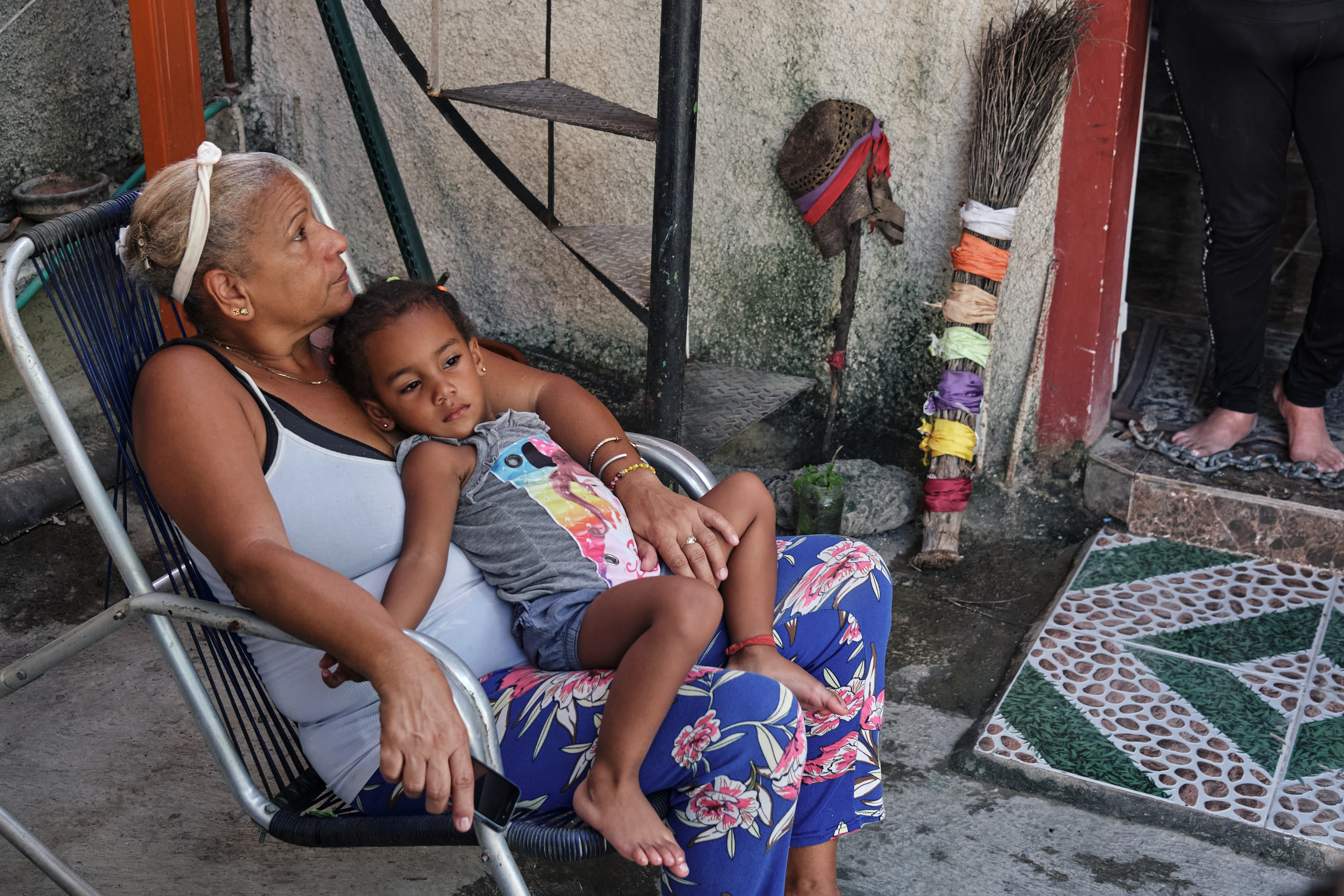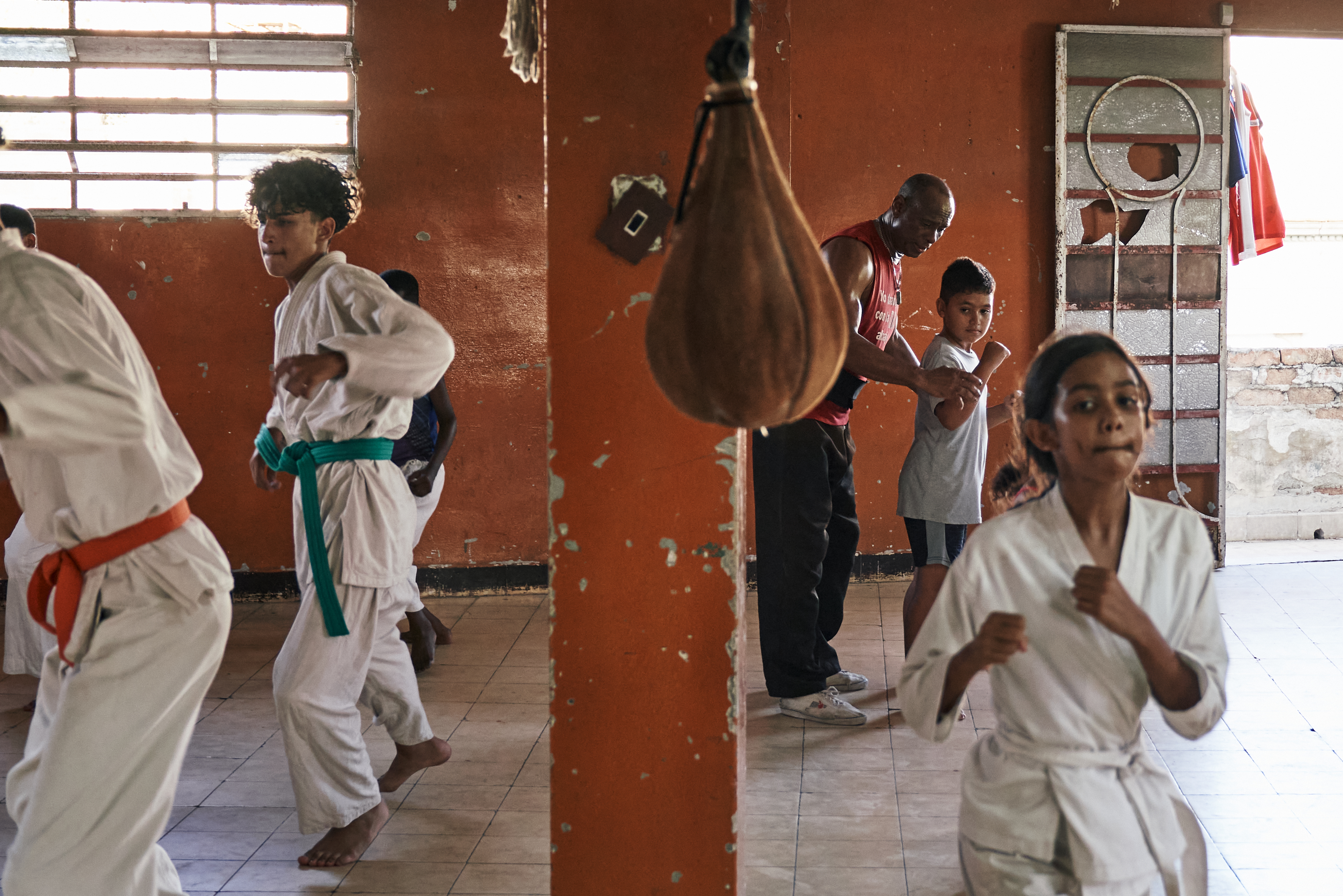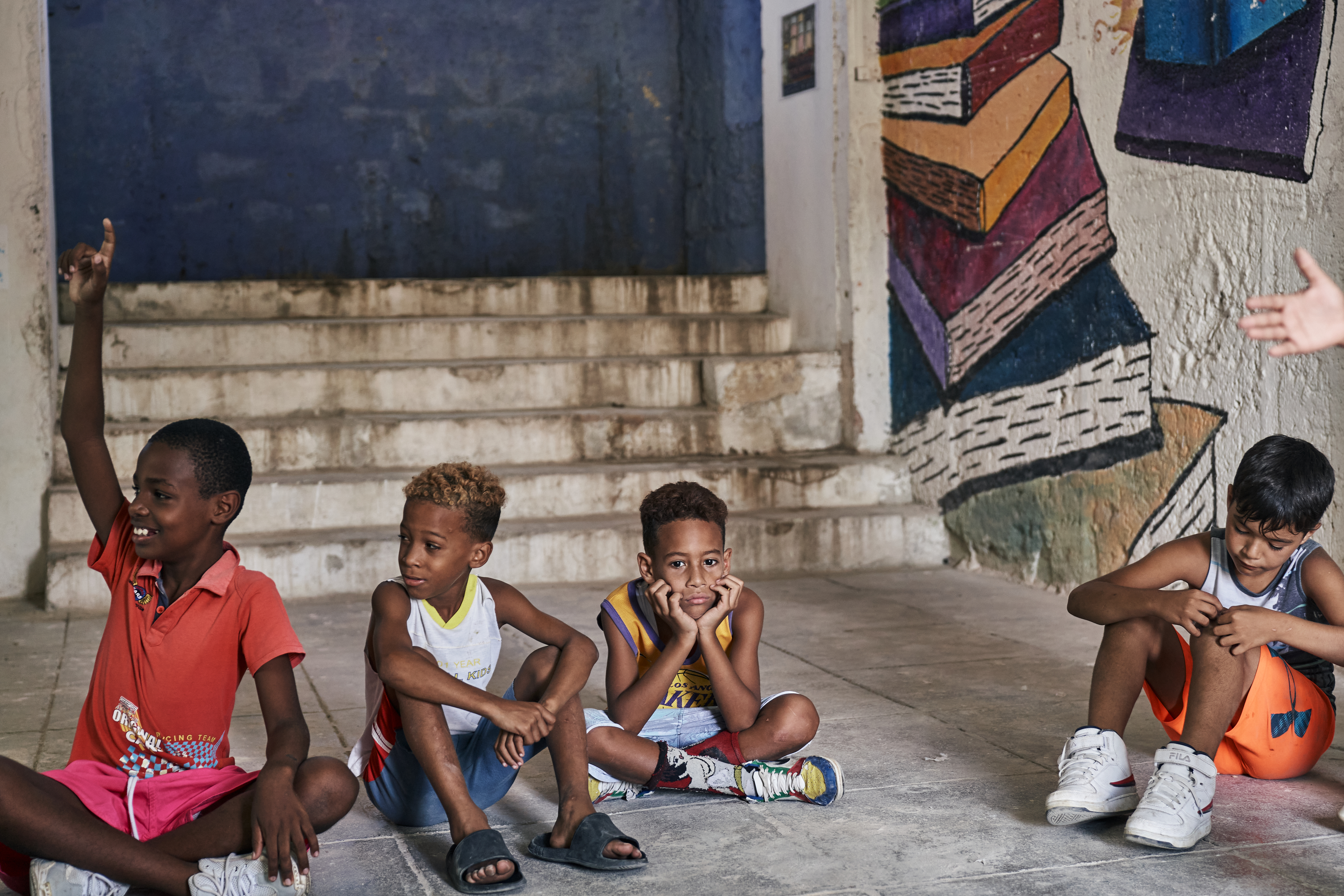The weight of absence
Cuba (2022-on going)
Published in BBC, Gatopardo Magazine and exhibited as part of the 6th Latin American Foto Festival at the Bronx Documentary Center, NY
The weight of absence is a self-funded project that approaches the impact of migration on children left behind by their parents in Cuba. With both sea and land crossings very risky, many of those emigrating makes the difficult choice to leave their children behind. The parents hope their kids will be able to join them once they have legalized their migration status, but that can take years. Meanwhile, they work to earn enough to be able to send money and gifts, in an effort to make up for the physical absence. Many of those left behind are living with close relatives.
In 2017, Cuban psychologists showed that these children who grow up with uncles and grandparents after their parents left the country, experience greater levels of anger, sadness and loss of family identity values. The researchers said that the high number of cases "makes this problem one of the most frequent reasons for psychological consultation in the infant-juvenile area in Cuba".
As Cuban migration has recently reached record numbers, these cases will only continue to grow.
My goal for this project is providing a nuanced insight into Cuban mass-migration that helps a deeper understand of this issue and its consequences, which affects not only those who have emigrated but their families, and in this case, their children.
Cuba (2022-on going)
Published in BBC, Gatopardo Magazine and exhibited as part of the 6th Latin American Foto Festival at the Bronx Documentary Center, NY
The weight of absence is a self-funded project that approaches the impact of migration on children left behind by their parents in Cuba. With both sea and land crossings very risky, many of those emigrating makes the difficult choice to leave their children behind. The parents hope their kids will be able to join them once they have legalized their migration status, but that can take years. Meanwhile, they work to earn enough to be able to send money and gifts, in an effort to make up for the physical absence. Many of those left behind are living with close relatives.
In 2017, Cuban psychologists showed that these children who grow up with uncles and grandparents after their parents left the country, experience greater levels of anger, sadness and loss of family identity values. The researchers said that the high number of cases "makes this problem one of the most frequent reasons for psychological consultation in the infant-juvenile area in Cuba".
As Cuban migration has recently reached record numbers, these cases will only continue to grow.
My goal for this project is providing a nuanced insight into Cuban mass-migration that helps a deeper understand of this issue and its consequences, which affects not only those who have emigrated but their families, and in this case, their children.















[spanish]